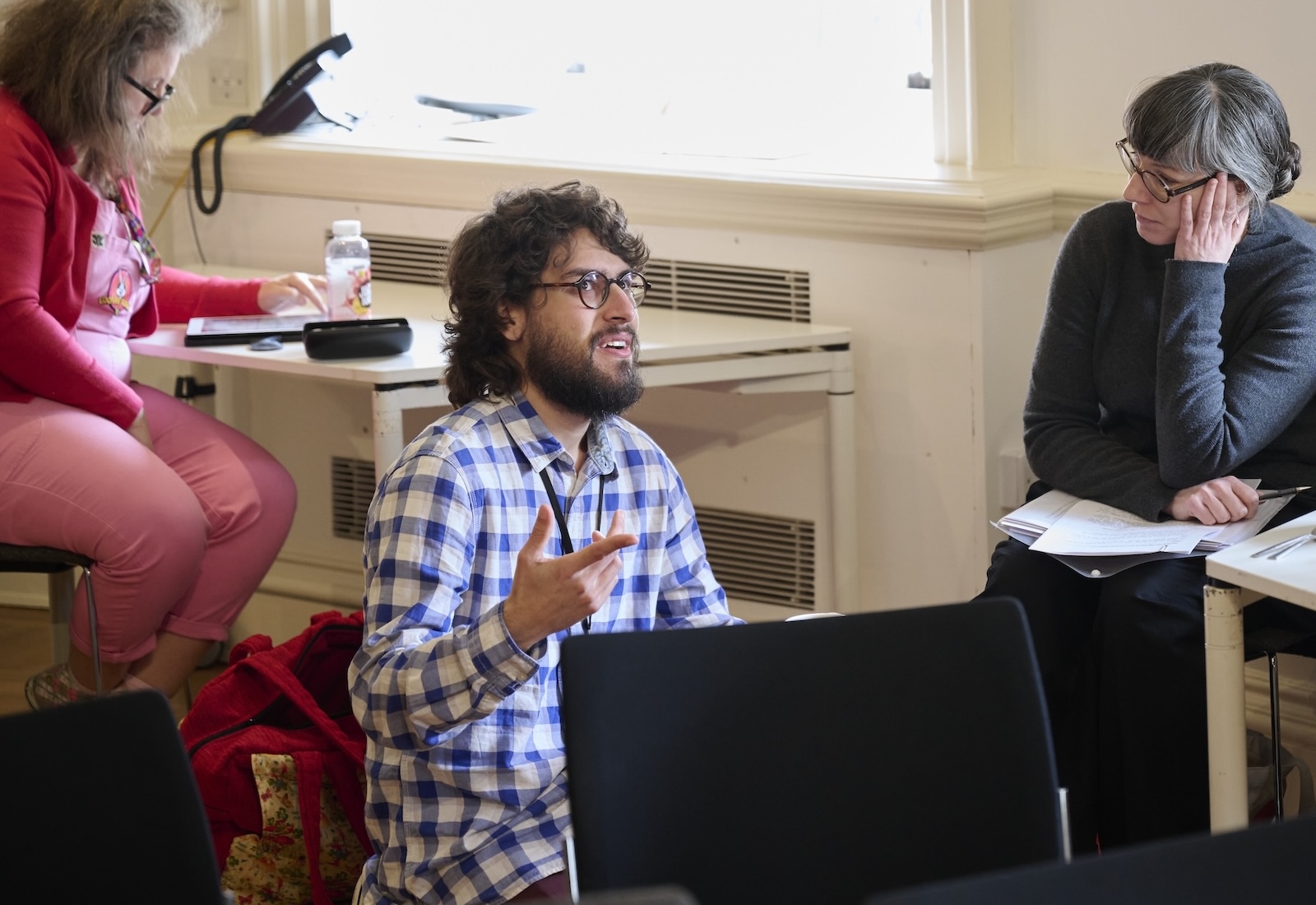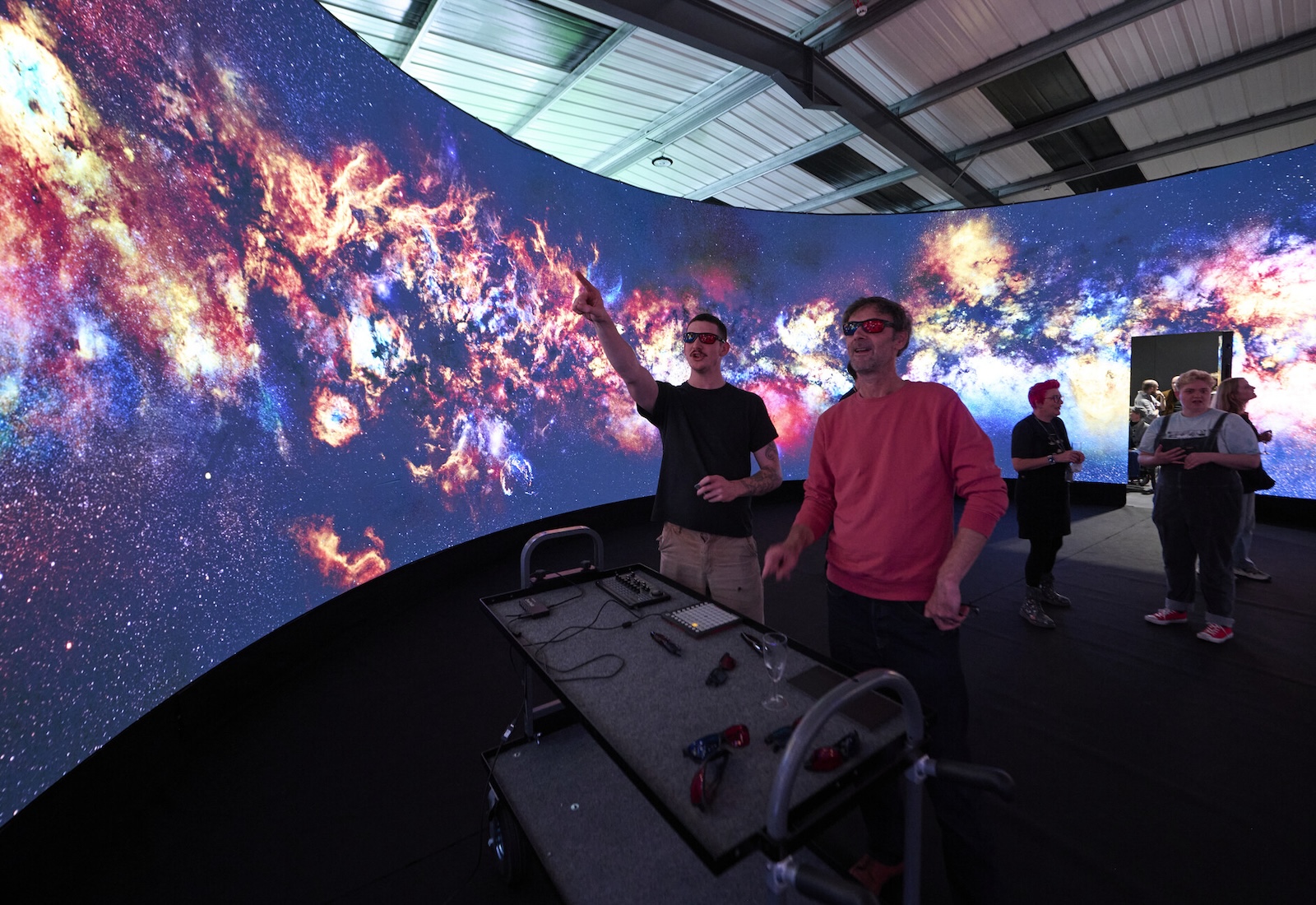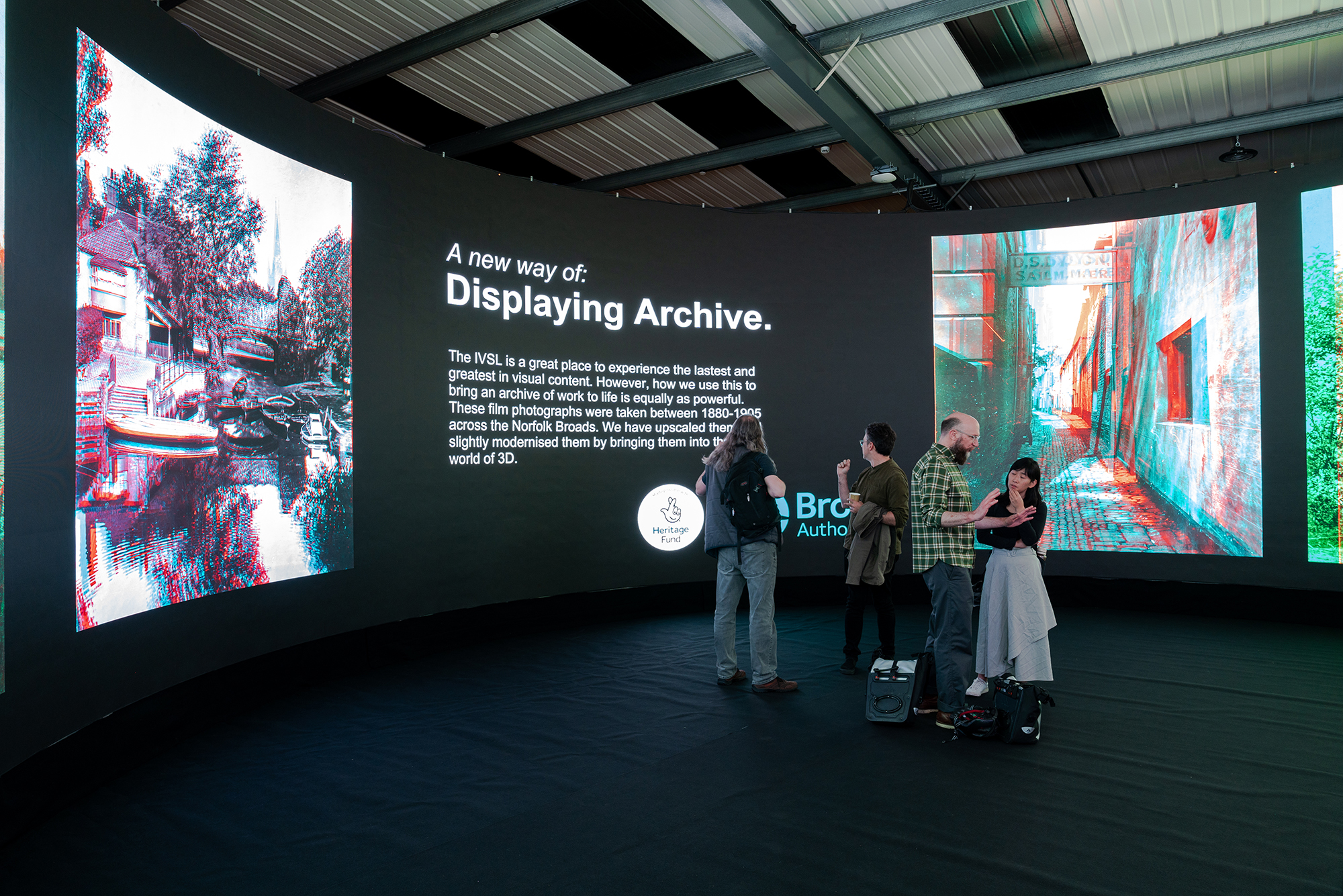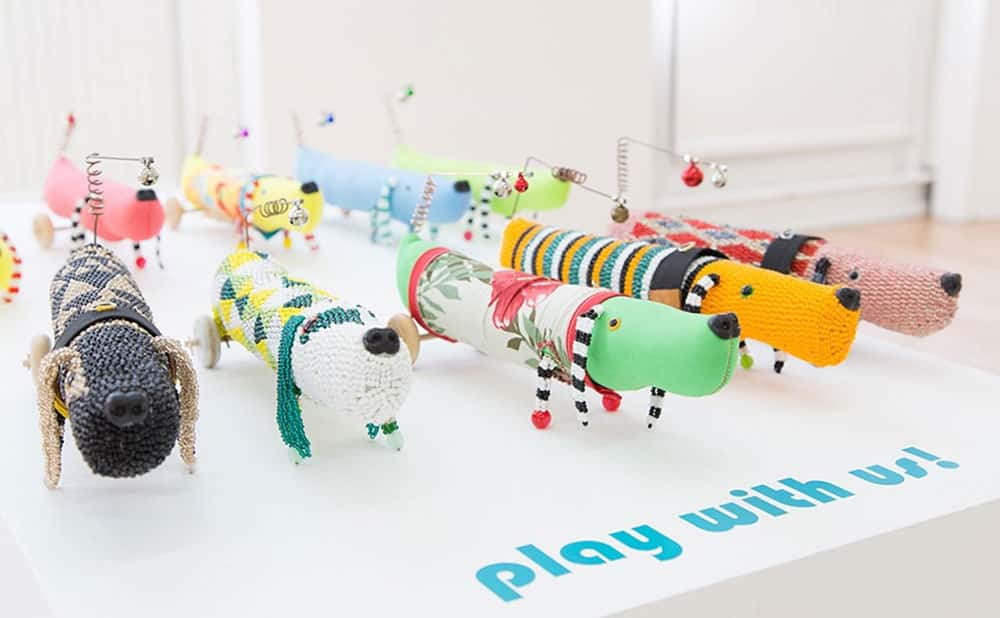
Apply for a Research Degree
Start your research journey in a supportive and creative environment at Norwich University of the Arts.
At Norwich University of the Arts, we have a commitment to critical creative practice and moving Research and Knowledge Exchange to the core of our mission. We encourage applications for both practice-based and theoretical research degrees.
Students can undertake either an MPhil or PhD, awarded through our partnership with University of the Arts London (UAL). You will undertake your programme of study at Norwich University of the Arts, with some seminars and presentations taking place at UAL as part of your Postgraduate Research (PGR) training. There is one point of entry to the PGR programme, in September of each academic year.
A theoretical research degree presents the research methodology, research process, theoretical/historical analysis and insights in written thesis.
A practice-based research degree will include an element of your own creative work, for example, fine art practice, design, film, performance, photography. In such cases, the ‘thesis’ presented is understood to mean the totality of the work submitted for the degree, which will include the creative work itself (or its documentation) and a written text contextualising the research.
Course Details
Course Length
MPhil
| Option | Minimum | Expected | Maximum |
|---|---|---|---|
| Full-time | 1 year 3 months | 1 year 9 months | 3 years |
| Part-time | 2 years | 3 years | 6 years |
PhD
| Option | Minimum | Expected | Maximum |
|---|---|---|---|
| Full-time | 2 years | 3 years | 4 years |
| Part-time | 3 years | 5 years | 8 years |
Entry Requirements
The typical minimum entry requirement is an upper second-class honours degree in a relevant discipline. An MA in an appropriate subject is considered particularly valuable preparation for a research degree.
Applicants not meeting either of these criteria will be considered if they can demonstrate alternative relevant qualifications, professional experience, and an understanding of research methodologies appropriate to their proposed programme of study.
Applicants should be aware that meeting the University’s minimum entry requirements does not guarantee entry. This is only one of the factors considered, and relevant experience, references, and the availability of suitable supervisors and resources are also taken into account. Successful applicants are invited to interview, either online or in person.
International Applicants
If English is not your first language you will be required to demonstrate evidence of having met the University’s English language entry requirements. You will need to provide a recent International English Language Test (IELT) score of 7.0 overall with 7.0 in writing, and with no other component score lower than 6.0.
Applicants do not need to have completed their IELT before submission but achieving the minimum requirement would be a condition of any offer made.
Fees & Funding Opportunities
| Fee status | Course | Annual Fee (for 2026/27) |
|---|---|---|
| Home | Research degree (full-time) | £6,000 |
| Home | Research degree (part-time) | £3,000 |
| Overseas | Research degree (full-time) | £18,000 per year |
There are no internal funding opportunities available at this time. Please check back for updates.
Open Evenings
Watch back on our recent online open evening held on 29 January 2025, to learn more about the course, application process and hear from one of our current PhD students.
How to Apply
The deadline for applications for entry in the 2026-2027 academic year is 5pm on Friday 13 March 2026.
Please read through the guidance below before downloading and completing your application. Completed application forms should be emailed to researchdegrees@norwichuni.ac.uk
Applicants will normally receive feedback within 4-6 weeks following each deadline.
Application Guidance
The application form will ask you to provide details of your qualifications, employment history, research experience, outputs, two academic references and a 1,000-word outline of your proposed programme of research. We may also ask for examples of your practice.
Applications will be considered on merit, taking into account:
- The quality of the proposal.
- The candidate’s academic and/or work profile.
- Supervisor availability within your subject specialism.
- Resources required to support your project.
Your preliminary proposal will be used as the starting point for preparing your application to register your research project with the University. We recommend that you consider each of the areas listed in your application, according to the subject and focus of your proposed project.
- Title
- Subject area, aims and objectives
- Historical context
- Contemporary context
- Theoretical context
- Methodology
- Proposed outcomes
- Bibliography
We strongly advise reviewing the application guidance before completing an application. Applicants are also encouraged to consider the University’s Research and Knowledge Exchange Strategy 2022-2027 in preparation.
Application Form and Guidance
Work with us
We welcome enquiries about applied and collaborative activities and opportunities. If you are interested in working with us, if you have a question, or, if you would like further information about our research and researchers, please contact us.
Explore more
-

Research Facilities
Norwich University of the Arts offers a wide range of facilities to support creative practice and exploration. -

Research and Knowledge Exchange Projects
Explore recent and ongoing projects developed by our researchers and academics. -

Research Students
Find out more about the research projects of current and recently completed postgraduate research students at Norwich University of the Arts.